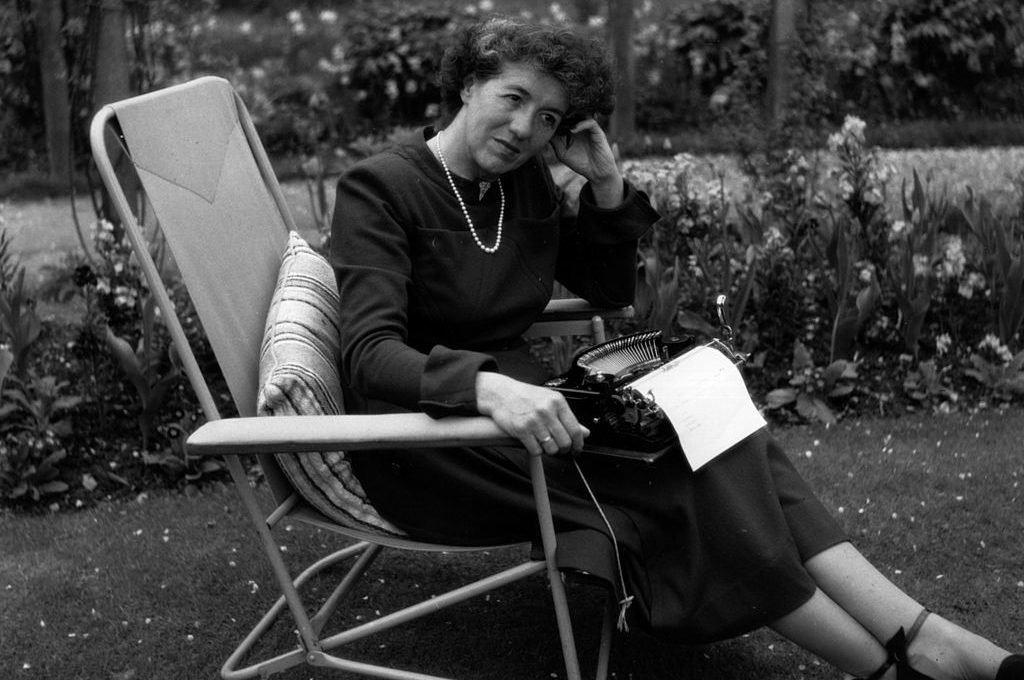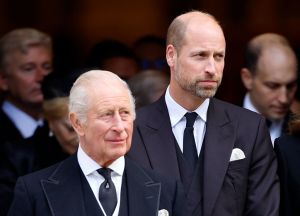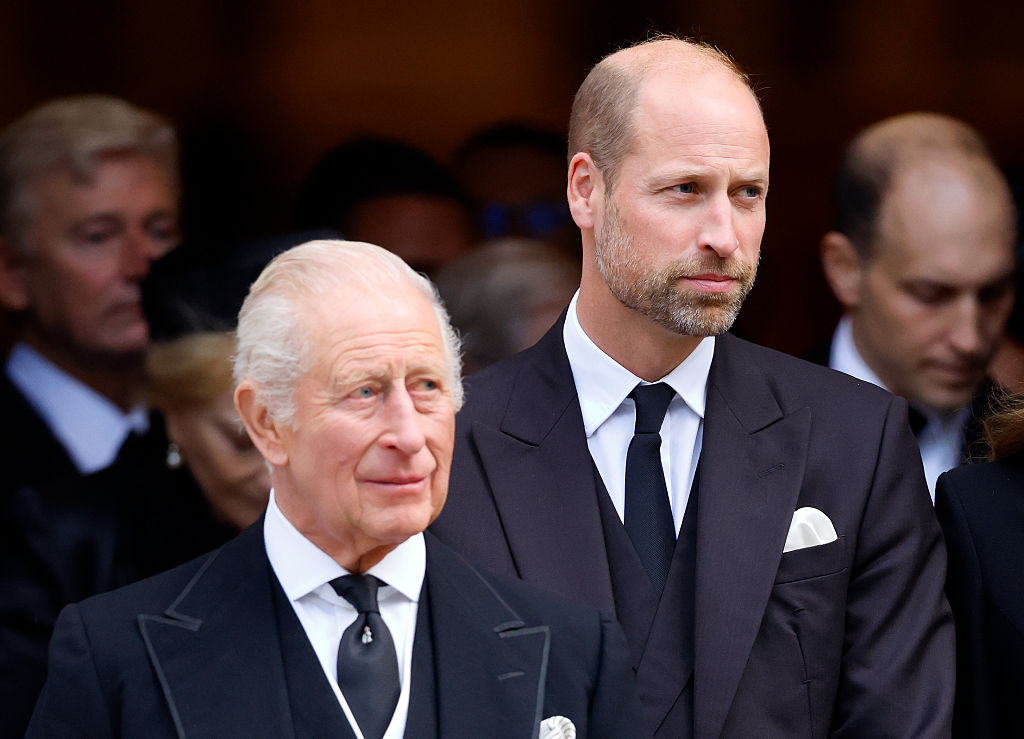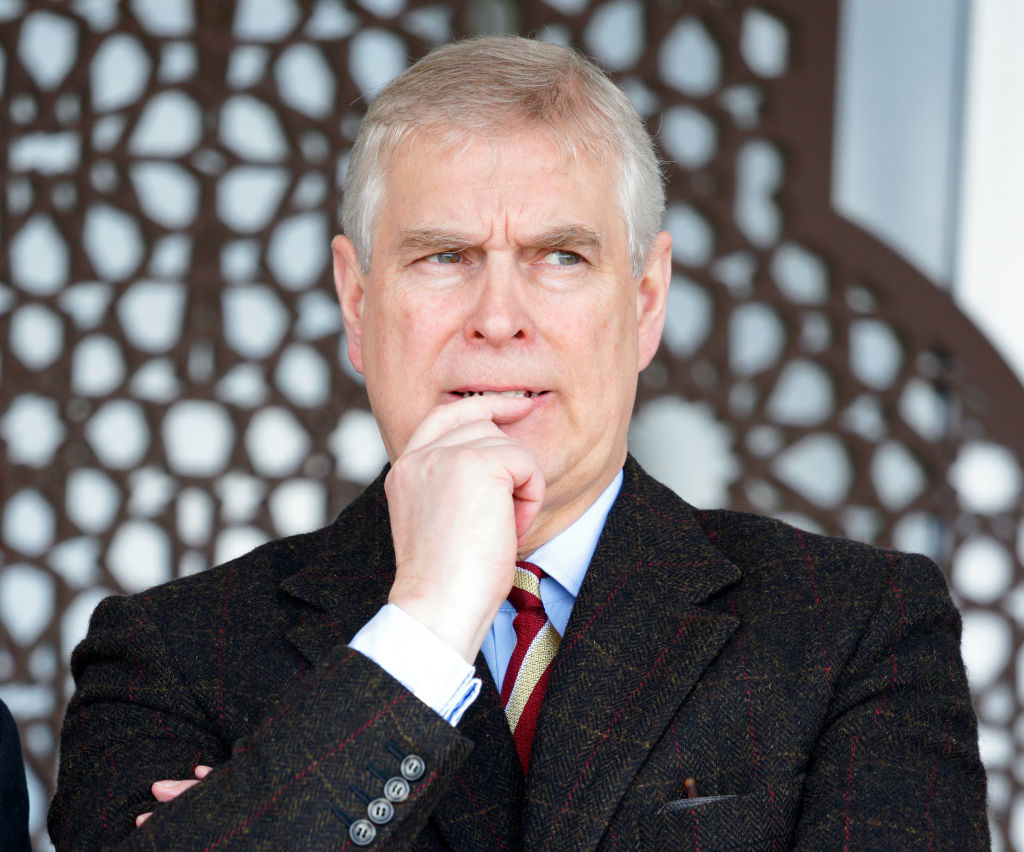The year is 2070 and English Heritage are unveiling their latest Blue Plaque: ‘The Duchess of Sussex, children’s author, lived here 2017-2018’. The accompanying online guide praises Meghan for her work promoting inclusion and diversity.
I have no idea whether Meghan will one day be rewarded with an iconic plaque for her services to literature. But she’s certainly heading in the right direction. Following this week’s announcement that her debut book The Bench has topped the New York Times‘s bestseller’s list for children’s fiction, the Duchess took the opportunity to declare:
‘While this poem began as a love letter to my husband and son, I’m encouraged to see that its universal themes of love, representation and inclusivity are resonating with communities everywhere.’
Every wannabe blue plaquer knows that having the correct woke values is really all that matters.
Meanwhile in Britain, English Heritage has been busy updating the online text that accompanies the Blue Plaque awarded to Enid Blyton back in 1997. Over the course of a truly astonishing career, Blyton wrote over 2,000 stories. They have been translated into 90 languages and have sold over 600 million copies worldwide. Since her death in 1968, Blyton has never been out of print.
Of course, not one of these statistics is noted by English Heritage. Instead, the updated guide jumps straight from her ‘early inspiration’ to the dramatic trigger warning-cum-subheading: ‘Racism in Blyton’s Work’.
Here we learn that Blyton’s oeuvre was, ‘criticized during her lifetime and after for its racism, xenophobia and lack of literary merit.’ In case we need evidence, the guide continues:
‘A 1966 Guardian article noted the racism of The Little Black Doll (1966), in which the doll of the title, Sambo, is only accepted by his owner once his ‘ugly black face’ is washed ‘clean’ by rain.’
As is obvious to anyone with even a passing familiarity with Noddy or the Famous Five, Blyton is no paragon of political correctness. Golliwogs and swarthy characters nicknamed Sooty abound. Gypsies that appear in her books are most likely bad’uns and the heavily accented working-class types are all a bit simple. Mother looks after the home and orders the children to stay away from father, who is in his study and must not be disturbed. Perhaps the best that can be said is that Blyton was a product of her time.
But, as 600 million book-purchasers can testify, Blyton’s continued success comes despite — not because of — her prejudiced and outdated attitudes. Noddy’s Adventures in Toyland are funny! The Famous Five stories are the most gripping, page-turning, rip roaring yarns imaginable. Countless adults recall becoming hooked on reading by Blyton’s ability to spin a tale. Straining to see by the landing light long after I should have been asleep, I was one of them. I overlooked all the ‘isms’ and ‘phobias’ and fell asleep dreaming of midnight feasts in Malory Towers.
Surely one of the worst consequences of this obsession with political correctness is that nothing can simply be fun anymore. Virtue and worthiness replace laughs and adventures. Just look at The Bench. It opens with the line:
‘This is your bench, where life will begin, for you and our son, our baby, our kin.’
If there are four-year-olds who are excited by benches, I’ve not met them. And who uses the word ‘kin’ nowadays? If parents are really rushing out to buy this, I can only think it is because it is so boring, it sends children straight to sleep.
As for being progressive, give me Blyton’s tomboy George who, while definitely being a girl, is brave, strong, wears what she likes and does everything the boys do, over Meghan’s illustration of a boy doing ballet dressed in a tutu, with the hectoring note to dad that he must ‘listen’ and ‘be his supporter.’
But English Heritage can’t help themselves. On goes the lecturing:
‘In 2016, Blyton was rejected by the Royal Mint for commemoration on a 50p coin because, the advisory committee minutes record, she was ‘a racist, sexist, homophobe and not a very well-regarded writer’.
Is this litany of sins really necessary? Do we really need to be told, twice, that Blyton’s work was not high class literature?
If we are judging the quality of writing, then let’s spare children from the illiteracy of The Bench with its made-up words and contrived rhymes. I’d sooner poke my eyes out than be forced to read out loud:
‘Right there on your bench, the place you’ll call home… With daddy and son… Where you’ll never be ‘lone.’
Neither Blyton nor Meghan deserve a place in the literary canon. But whereas Meghan tops bestsellers lists for, as she puts it, depicting ‘another side of masculinity — one grounded in connection, emotion, and softness,’ Blyton gives children what they really want — a bloody good story.
This article was originally published on The Spectator’s UK website.

























